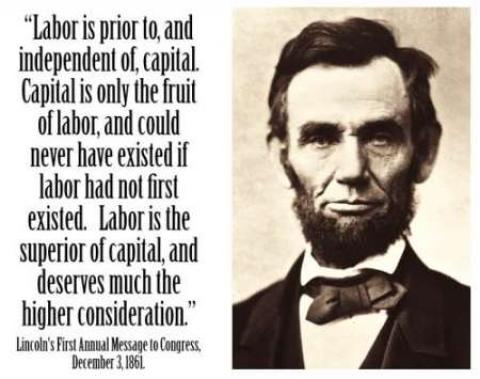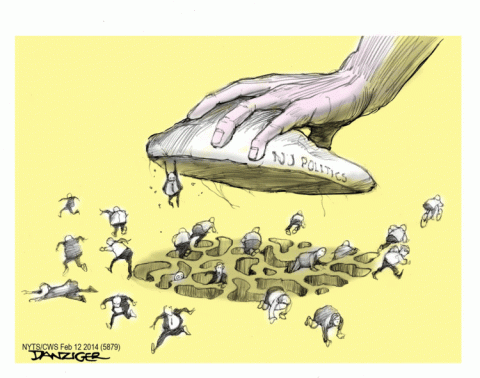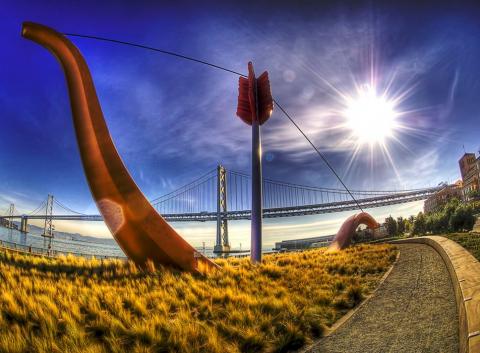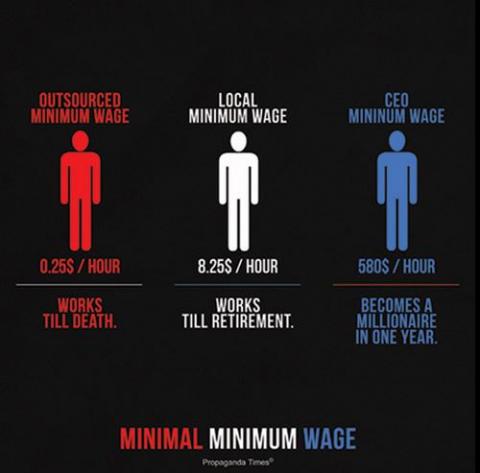REWIND - A Week of Quotes and Cartoons
Portside

Moral March, Cuba, Koch prosperity, Comcast, UAW Chattanooga,







Legendary folksinger Pete Seeger spoke at the National Press Club in 1998 on song, politics, environment, civil rights ... and why there is hope.
Spread the word